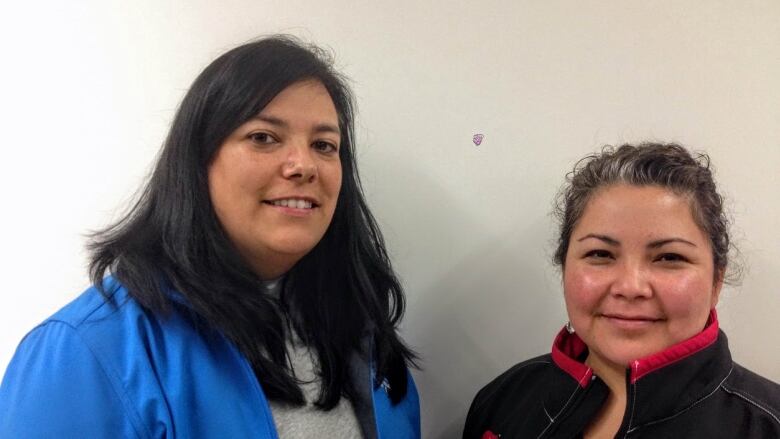Provincial government anti-racism directorate comes to Sudbury
Sudbury and Thunder Bay are two northern Ontario stops on ten city tour

A provincial government task force hoping to tackle racism made its first northern Ontario stop this weekend.
The Anti-Racism Directorate is travelling to ten different citiesto study systemic racismdiscriminationthat exists within the justice system, government, health care,education, and more.
For example, the Indigenous and black populationare more likely to end up in child welfare or justice systemsthan the rest of the population.
"If you've never experienced racism, you're not going to believe it's a problem,"saidTarynMichel,the aboriginal family courtworker atN'SwakomokNative Friendship Centre in Sudbury.
Michel told the directorate that many non-Indigenous employees she works with in the court system don't believe racism is an issue.
"We as Indigenous people and different cultures know what racism is. Because we experience it."
Sudbury,Thunder Bay only northern stops
The directorateis visitinga total of 10 cities, with the only other northern Ontario stop in Thunder Bay.
"See what's happening inKenora. InTimmins. Those other northern communities,"Teala Nadjiwon,a cultural resource coordinator with the friendship centre, told the directorate.
"Issues of racism in the north are going to be significantly different than what's happening in Toronto."
Nadjiwon said she hopes a policy for Ontario addresses regional needs andIndigenous populations living on and off reserve.
A major concern for Nadjiwon is the collection of information in part because data that could be used to track systemic racism is sparse or so incomplete it can't be used.
"Historically, we've been left out of any data collection that happens. If we look at Statistics Canada, a lot of our communities [didn't]participate in the census," she said.












_(720p).jpg)


 OFFICIAL HD MUSIC VIDEO.jpg)
.jpg)



























































































